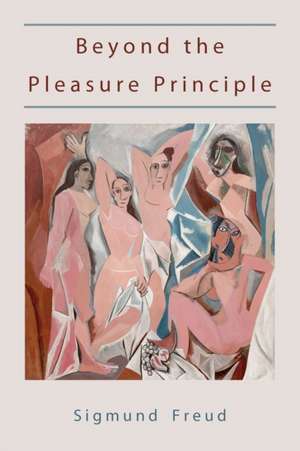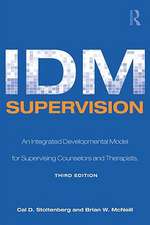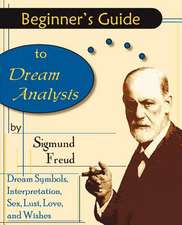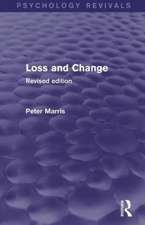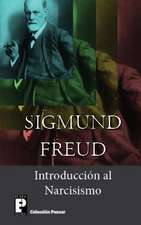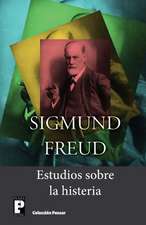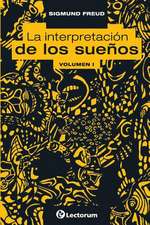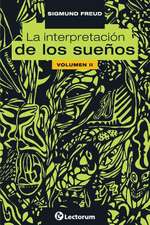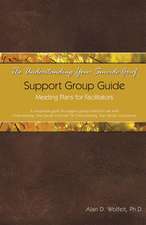Beyond the Pleasure Principle-First Edition Text.: The Secret Rabbinical Teachings Concerning Christians
Autor Sigmund Freuden Limba Engleză Paperback – 22 oct 2009
Preț: 80.88 lei
Nou
Puncte Express: 121
Preț estimativ în valută:
15.48€ • 16.20$ • 12.88£
15.48€ • 16.20$ • 12.88£
Carte tipărită la comandă
Livrare economică 26 martie-01 aprilie
Preluare comenzi: 021 569.72.76
Specificații
ISBN-13: 9781578988457
ISBN-10: 1578988454
Pagini: 98
Dimensiuni: 152 x 229 x 6 mm
Greutate: 0.18 kg
Editura: Martino Fine Books
ISBN-10: 1578988454
Pagini: 98
Dimensiuni: 152 x 229 x 6 mm
Greutate: 0.18 kg
Editura: Martino Fine Books
Notă biografică
Sigmund Freud ( born Sigismund Schlomo Freud; 6 May 1856 - 23 September 1939) was an Austrian neurologist and the founder of psychoanalysis, a clinical method for treating psychopathology through dialogue between a patient and a psychoanalyst.[4]
Freud was born to Galician Jewish parents in the Moravian town of Freiberg, in the Austrian Empire. He qualified as a doctor of medicine in 1881 at the University of Vienna.[5][6] Upon completing his habilitation in 1885, he was appointed a docent in neuropathology and became an affiliated professor in 1902.[7] Freud lived and worked in Vienna, having set up his clinical practice there in 1886. In 1938, Freud left Austria to escape the Nazis. He died in exile in the United Kingdom in 1939.
In founding psychoanalysis, Freud developed therapeutic techniques such as the use of free association and discovered transference, establishing its central role in the analytic process. Freud's redefinition of sexuality to include its infantile forms led him to formulate the Oedipus complex as the central tenet of psychoanalytical theory.[8] His analysis of dreams as wish-fulfillments provided him with models for the clinical analysis of symptom formation and the underlying mechanisms of repression. On this basis Freud elaborated his theory of the unconscious and went on to develop a model of psychic structure comprising id, ego and super-ego.[9] Freud postulated the existence of libido, a sexualised energy with which mental processes and structures are invested and which generates erotic attachments, and a death drive, the source of compulsive repetition, hate, aggression and neurotic guilt.[10] In his later works, Freud developed a wide-ranging interpretation and critique of religion and culture.
